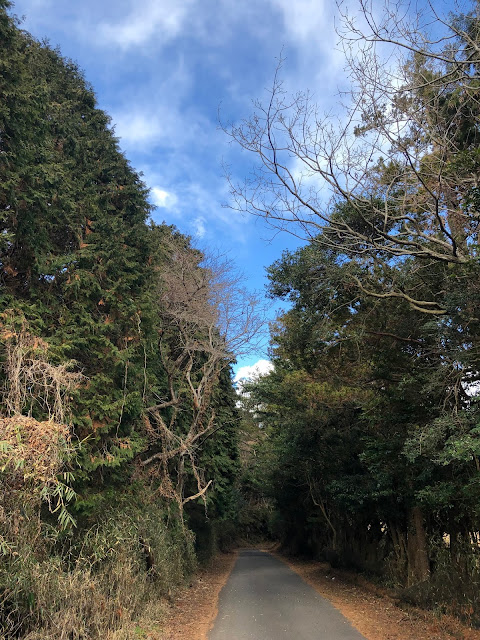Old Chinese poems
Early this year, Marco, one of my Tiwanese friends gave me a book of the poems of 杜甫, whom I really liked in the past.
He said he'd bought it when he visited his home.
I was grateful that he remembered that I said last year that I liked the poet.
As I said in a post in my old blog*, when I was studying the world history in high school, I was overwhelmed by the beauty of the poems of 李白 and 杜甫. Actually because of their poems, I became interested in the whole culture of the Tang (唐) dynasty.
But my taste of old Chinese poetry had its history.
From the national museum of Scotland
When I was in middle school, I joined the traditional Chinese
writing (漢文)** club.
The supervising teacher was, of course, my 漢文 先生, the
traditional Chinese writing teacher in class.
He was a
young and passionate teacher, but originally I was not interested in the
subject.
And I
did not personally talk with him.
However,
I still remember one unforgettable experience during the mid-term exam of the
first semester in my second year.
One question in the subject test of 漢文 was
'who is the author of 三國史記(삼국사기)?'
Instead of answering the author***, I wrote:
역사책 뒤져봐라.
That
literally meant 'Search history books (if you want to know so much)'.
As you can see, I didn't
even use the register of Korean polite words, which pupils must use when talking to
teachers in school.
It was the first 漢文 class after
the mid term exam period, when I had to confront the consequence of that answer.
In the
class, as usual, pupils were let to know their scores of the subject test and
to check any mistakes by teahcer's marking.
However,
that day, when the teacher entered my class room, he looked extremely upset.
And
later I found that it was because of a pupil who wrote a very rude answer to
the test.
He was
holding a wooden stick, which teachers were allowed to beat pupils with
commonly at the time.
And I
could see his hands slightly shiverring with his uncontrollable anger.
It was
not a good situation for me.
I, the
second year middle school boy, thought that I might be killed that day.
Then..
the time
came when he began to speak about the pupil whose test answer made him furious.
He did
not specify who the idiot was.
Pupils
in my class at first laughed at the silly behaviour of one of them, but the
teacher's seriousness made them hold themselves back shortly after.
There
was a silence for a while.
He
called my name.
I stood.
He asked
why I did that.
Everyone in the classroom looked at me.
I don't
remember now what I answered at the time, except for the fact that I
appologised.
The
teacher, then, suddenly put down the wooden stick.
And he
said something, which again I don't remember now.
The one
thing that I clearly remember still now is that I was not beaten that day anyhow and
that he "declared" that he would not beat pupils any more from that
time onwards.
I still
don't know why he made such a decision that day.
But, one
day after the incident, during my club activity class, he wrote an old Chinese poem on the
blackboard.
He wrote
it vertically in an old style.
I do not
remember what the poem was.
I just think that it was one of the poems either by 李白 or 杜甫, whom the
teacher loved.
The poem
depicted a scene in a fresh morning air just after rain and the emotions of the
poet, with only several old Chinese characters.
But I
found myself already imaging the scene so vividly with such a short expression.
I
thought it was really marvellous ...
although,
at the age, I couldn't express the beauty of the poem with my own words.
Next
year, my home room teacher was another young male teacher, who was a close friend of
the teacher.
And one
of my close friends in the class was living with the teacher in the same home.
The
friend sometimes complained about annoyance that the drunk teacher made at night.
In the
third year, there were hardly any club activities, and I have few memories about
the teacher and my club.
But, the
old Chinese writing club and the teacher has remained as a precious part of my
middle school memories.
How could I have known at the time that I would later live as a history teacher 'searching history books' everyday?
How could I have known at the time that I would later live as a history teacher 'searching history books' everyday?
The gift from Marco
* My earlier post on old Chinese poems in my old blog: http://blog.daum.net/baeminteacher/135
** For reference, in East Asia today, Tiwan and South Korea are almost the only countries that do not use the simplified modern version of 漢字 (Chinese characters) although it is increasingly rare to see Chinese characters in South Korean books.
*** The right answer was 金富軾 (김부식), a Confucian scholar and historian (1075 - 1151).




Comments
Post a Comment